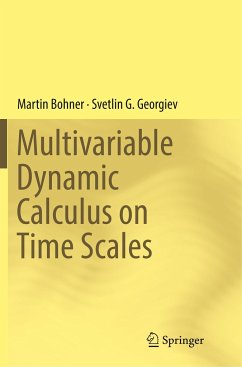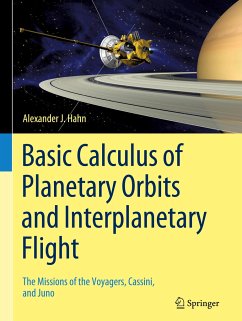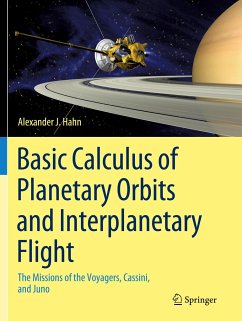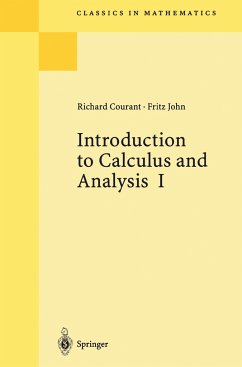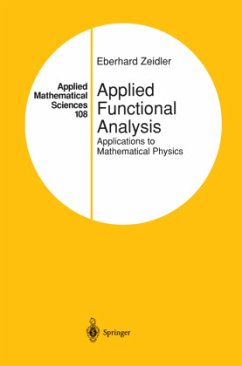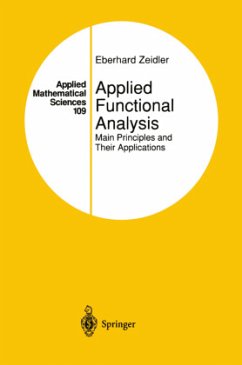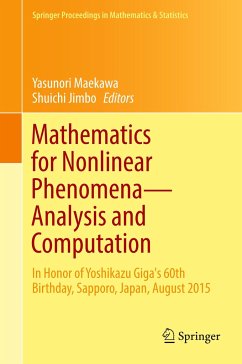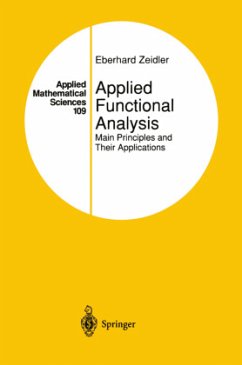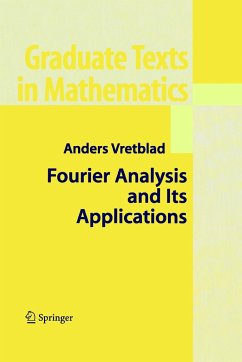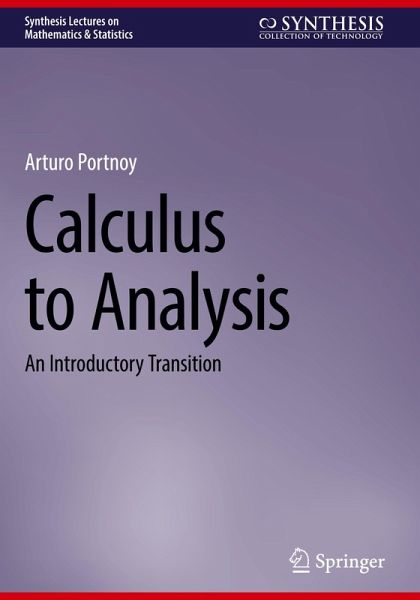
Calculus to Analysis
An Introductory Transition

PAYBACK Punkte
15 °P sammeln!
This book addresses the analysis of functions of a real variable and transitions from the standard calculus sequence to mathematical analysis. The author presents the limits and convergence of sequences of functions, illustrates the limitations of the Riemann integral, and discusses the need for a new integral: the Lebesgue integral. The fundamental concepts of the theory of calculus of one variable is presented in addition to limits, continuity, derivatives and its applications, and integrals and their applications. The tone and language of the book is kept as informal as possible along with ...
This book addresses the analysis of functions of a real variable and transitions from the standard calculus sequence to mathematical analysis. The author presents the limits and convergence of sequences of functions, illustrates the limitations of the Riemann integral, and discusses the need for a new integral: the Lebesgue integral. The fundamental concepts of the theory of calculus of one variable is presented in addition to limits, continuity, derivatives and its applications, and integrals and their applications. The tone and language of the book is kept as informal as possible along with the descriptions and examples to aid learning. The book is concise and presents single variable advanced calculus leading up to Fourier analysis. In addition, the book sets up sufficient background for a course in measure theory and Lebesgue integration.



